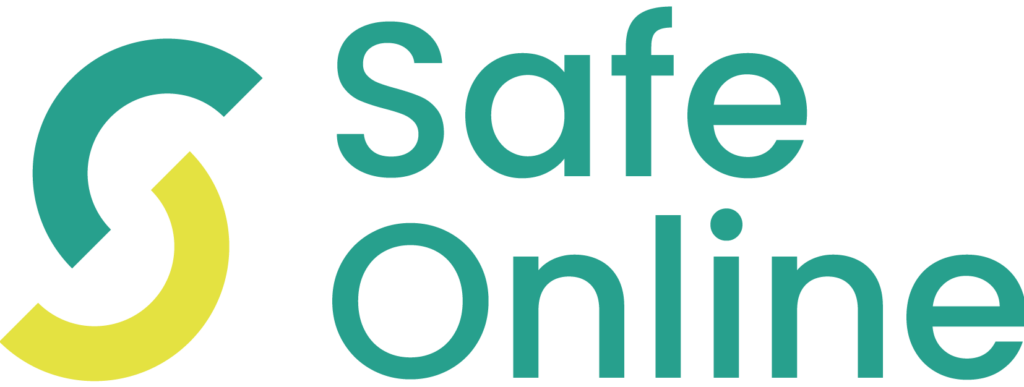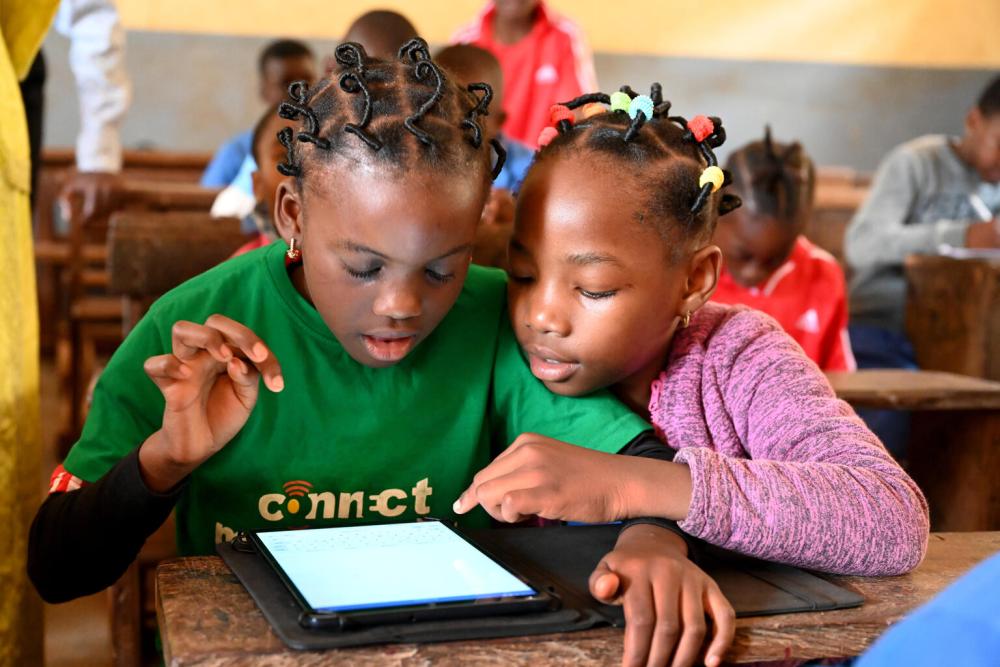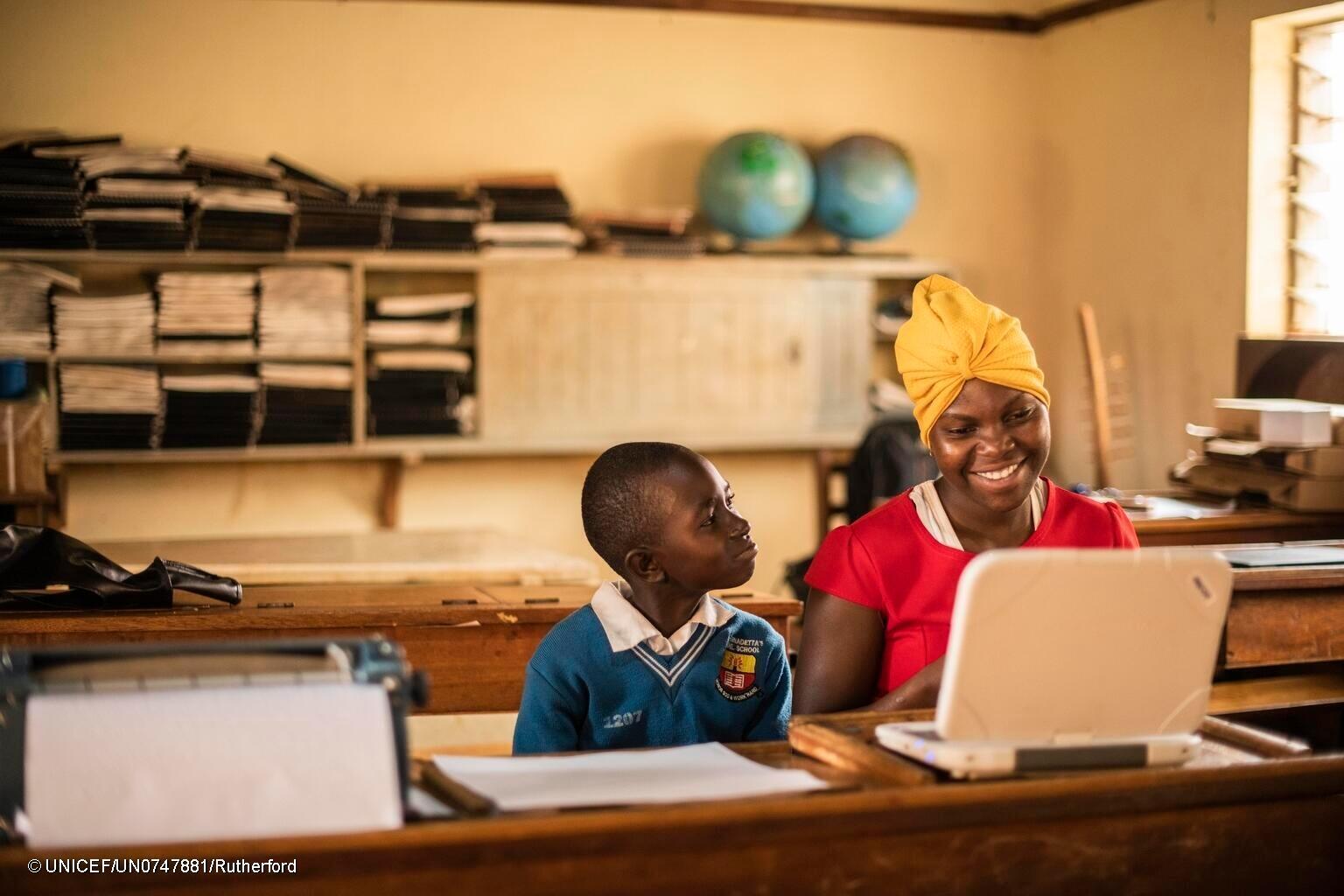71 Un Member States Make First-of-its-kind Call to Action to Fight Online Violence Against Children
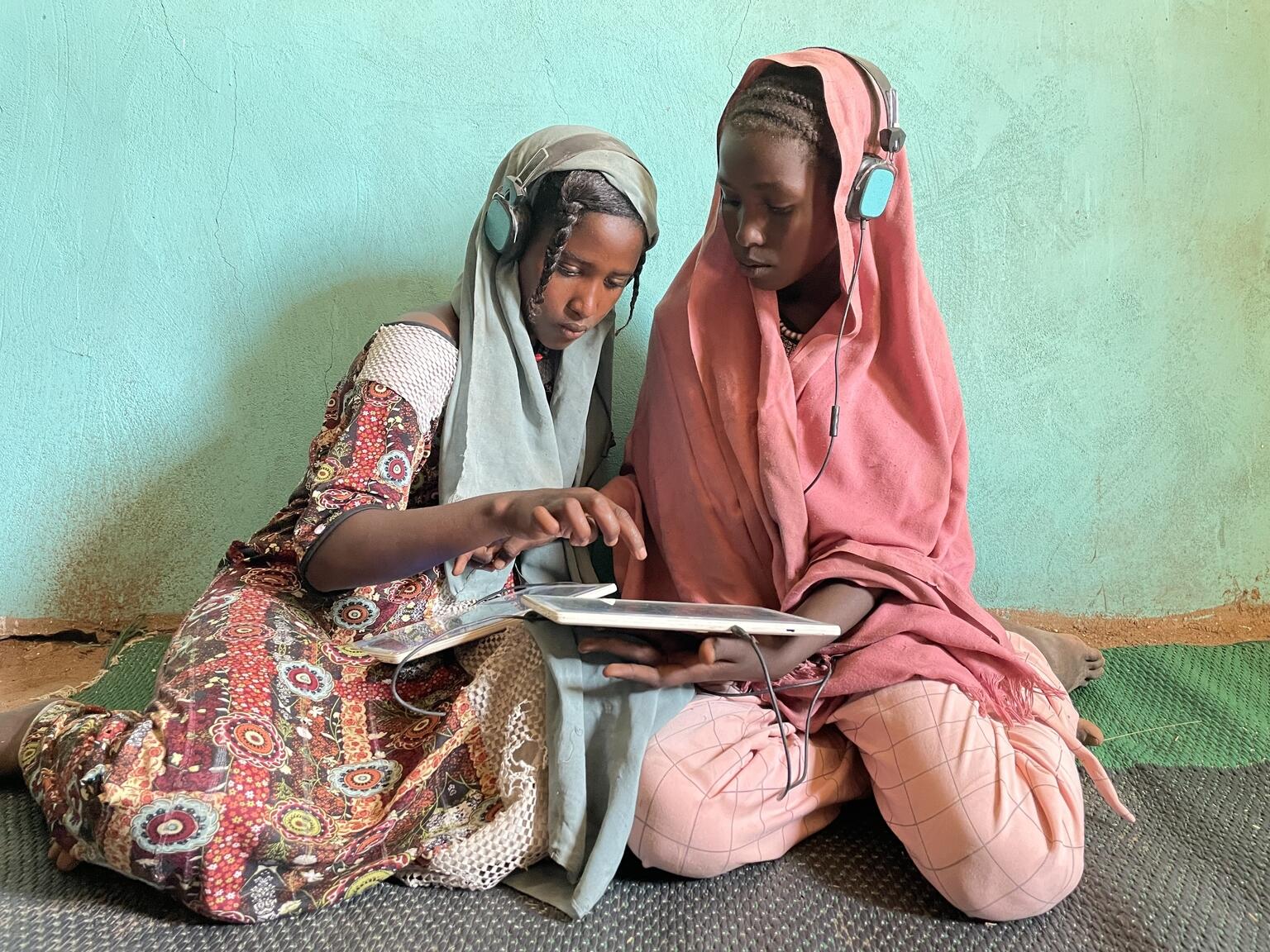
71 Member States of the United Nations have come together to make the very first call to action statement urging increased and fast action to remove known child sexual abuse materials online.
Online child sexual exploitation and abuse is growing significantly around the world and is increasingly involving younger children. In 2022, the US-based National Centre for Missing and Exploited Children (NCMEC) received 32 million reports (up from 29 million from 2021) of suspected child sexual exploitation.
The first-ever call to action by the Member States directly recognises that governments and the private sector have a responsibility to take action to keep children safe from all forms of sexual exploitation and abuse, and points to the fact that law makers are rightfully concerned and are calling for greater urgency in our efforts to secure a safe digital environment for children.
"Safe Online welcomes the ‘first of its kind’ call to action by over 70 Member States of the United Nations. The message from world leaders is clear – the digital space has to be rid of child sexual abuse material. We believe that the global call to action will signal the need for urgent concerted and decisive action by Governments and other stakeholders."
- Marija Manojlovic, Director, Safe Online
In the call to action, all the countries acknowledge the grave issue of child sexual exploitation and abuse material and how this puts children at risk of further sexual exploitation and abuse, including the risk of the widespread dissemination of this material. The statement recognises the stigma and long-lasting trauma caused to survivors, including revictimisation every time material is spread online.
It calls for:
- urgent action by governments, internet service providers and other actors to protect children from online sexual exploitation and abuse
- facilitation of dialogue between the different entities and sectors required for an effective response
- the need for common data sources and knowledge of known child sexual abuse materials that makes detecting, reporting and removing materials easier
- increasing public awareness of the serious nature of child sexual exploitation.
The call to action is informed by expert discussions hosted by the UN Office on Drugs and Crime (UNODC), supported by the UK government. These discussions brought together a wide range of experts and activists, including from child protection charities, the public sector, the private sector and the legal and financial sectors.
This growing global consensus on the issue of taking urgent steps to tackle online harms against children follows on the heels of other positive legislations to keep children safe from online harm. Recent legislative action in countries like the UK, US and Australia are creating a blueprint for online safety for children through new mandatory rules, robust safeguards and a strong enforcement capacity.
In 2021, G7 governments announced a set of ground-breaking commitments to combat online CSEA and highlighted End Violence as key partner to help make the internet safe for children. In a historic move, the UN Convention on the Rights of the Child (UNCRC) adopted General Comment No. 25, marking the first instance of including the digital rights of children in its framework.
Most recently, in the EU, the proposed new legislation presents an exceptional opportunity to set high standards to protect children online through policy action, which is key in ensuring a safe digital environment. This leadership of the EU will have a positive impact in other regions of the world. Safe Online is part of a growing movement of child protection organisations supporting the #ChildSafetyOnlineNow campaign to raise awareness and generate momentum around tackling online CSEA.
The Safe Online initiative has been drawing attention to the need for aligned and decisive action by governments and tech companies in order to drive change urgently needed for children. In fact, our policy call for a safe internet for children outlines three key steps for governments and industries.
Our work at the global, regional and national levels in over 80 countries has brought to light new knowledge and evidence on what works – especially through our Disrupting Harm project and the ground-breaking work that we do with the Tech Coalition Research Fund. Our partnerships with grantees on the ground demonstrate the need for strong systems by focusing on strong regulatory and policy frameworks.
LIST OF SIGNATORY COUNTRIES
Albania, Algeria, Andorra, Armenia, Argentina, Australia, Bosnia and Herzegovina, Brazil, Canada, Chile, Colombia, Costa Rica, Ecuador, Egypt, El Salvador, Ghana, Guatemala, Honduras, Iceland, India, Japan, Kenya, Liechtenstein, Mexico, Moldova, Morocco, New Zealand, Norway, Pakistan, Paraguay, Peru, Philippines, Singapore, South Africa, Sudan, Switzerland, Thailand, Türkiye, Ukraine, United Kingdom, United States of America, Uruguay, Vietnam, Yemen and the European Union and its 27 member states (Austria, Belgium, Bulgaria, Croatia, Republic of Cyprus, Czech Republic, Denmark, Estonia, Finland, France, Germany, Greece, Hungary, Ireland, Italy, Latvia, Lithuania, Luxembourg, Malta, Netherlands, Poland, Portugal, Romania, Slovakia, Slovenia, Spain and Sweden)
See more of our recent updates
UNICEF Dominican Republic & Plan International Dominican Republic
Our grantees UNICEF Dominican Republic & Plan International Dominican Republic Protecting Every Child Against Sexual Exploitation and Abuse Countries involved:October 2017 – October 2019 In the Dominican Republic, UNICEF Dominican Republic and Plan International Dominican Republic have teamed up to establish and implement the country’s national response board, which is charged with coordinating initaitives that prevent
Middlesex University 2
Our grantees Middlesex University Invisible Risks Countries involved:United Kindgom of Great Britain and Northern Ireland We know that online child sexual abuse material is highly damaging to children. But today, little primary research exists about the impact such material has on content moderators – individuals who are charged with constantly

End violence hosts its 10th global knowledge exchange webinar
On 17 June, End Violence held its 10th Global Knowledge Exchange Webinar, which gathered 117 individuals from partner and grantee organisations around the world. This webinar, the third event held in 2020, focused on integrated, child-centred frameworks for investigation, rehabilitation and recovery for survivors of online child sexual exploitation and abuse.
